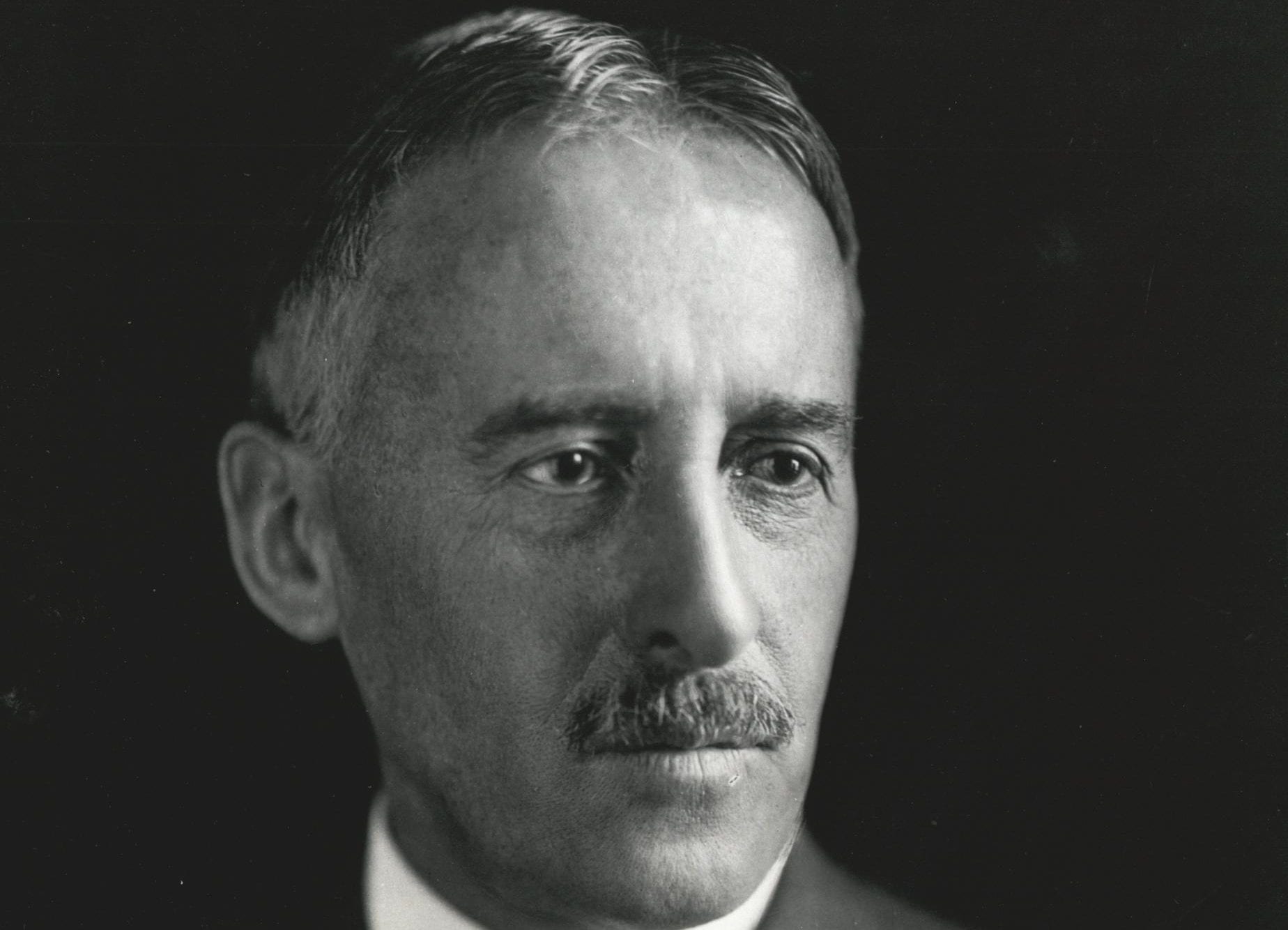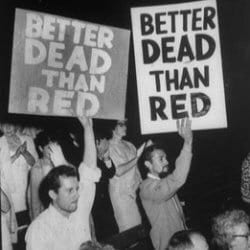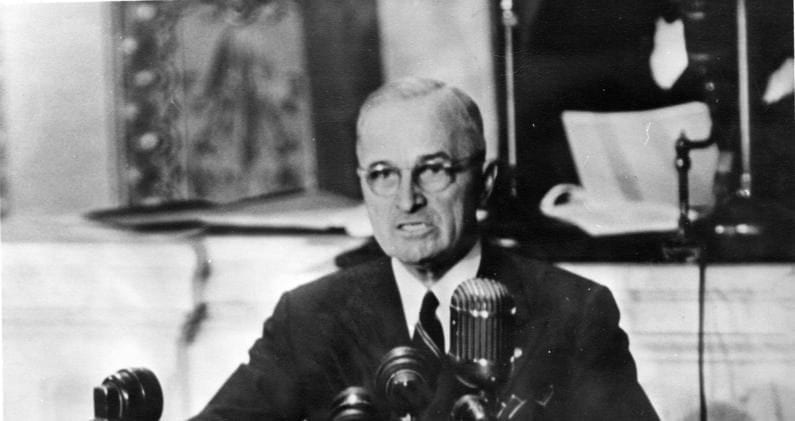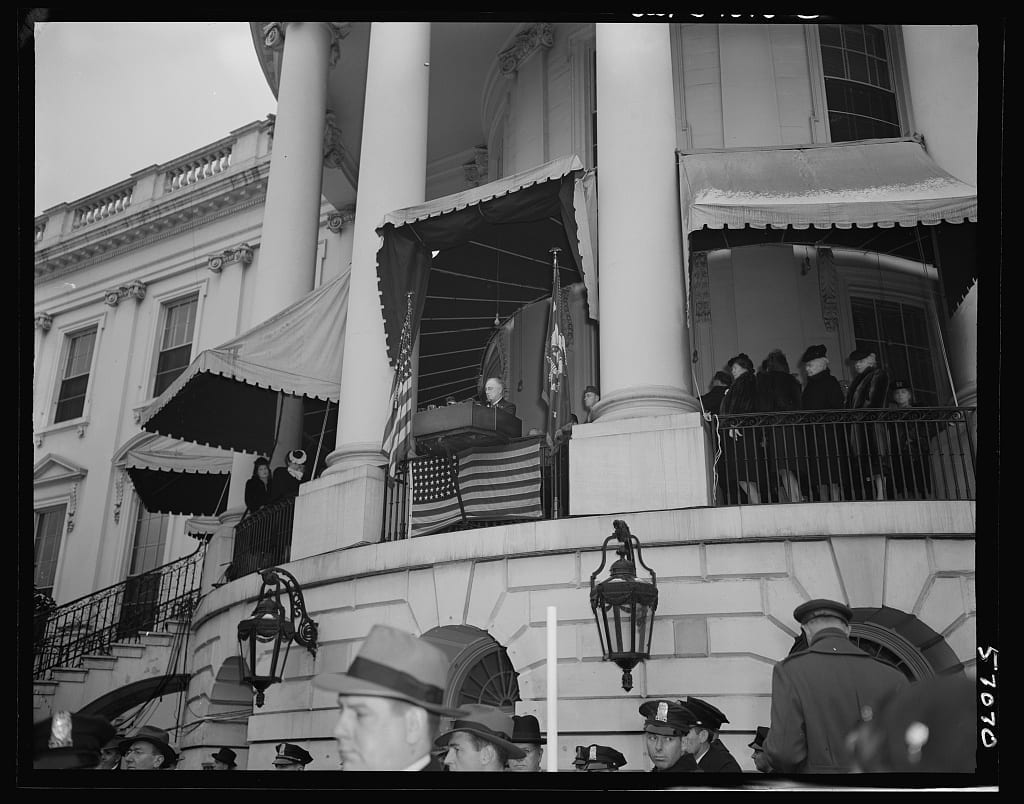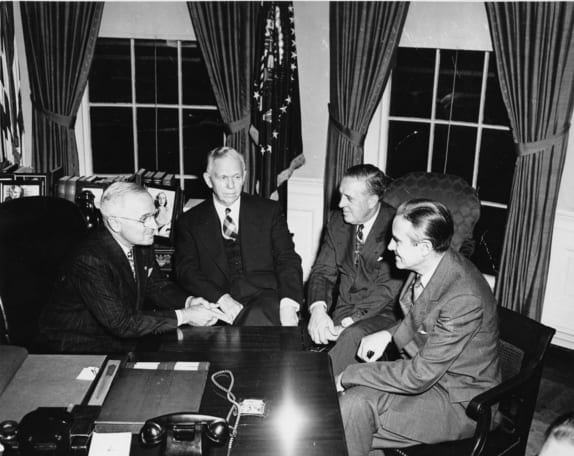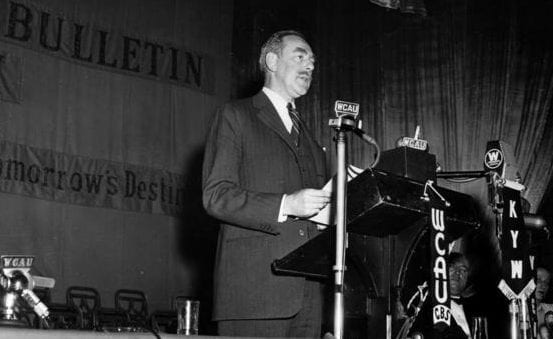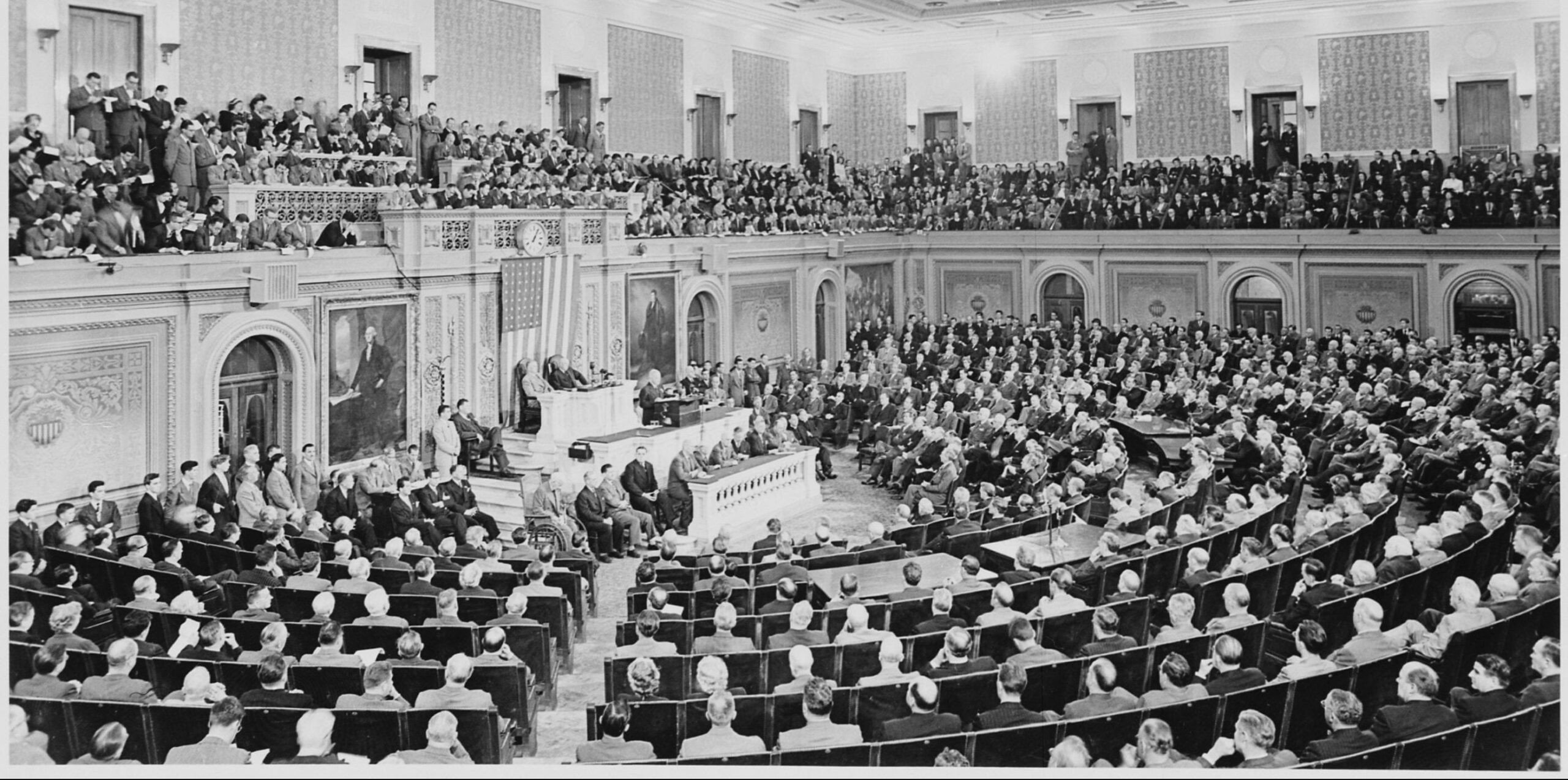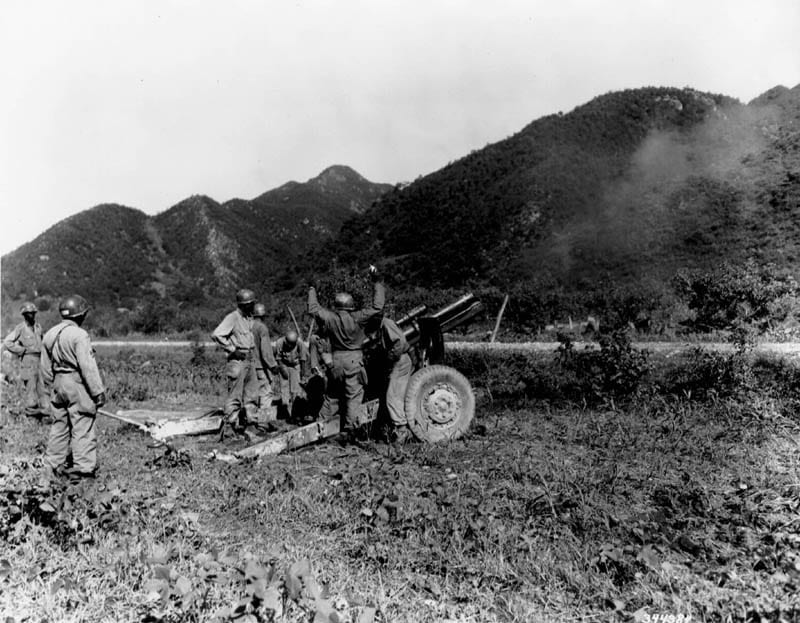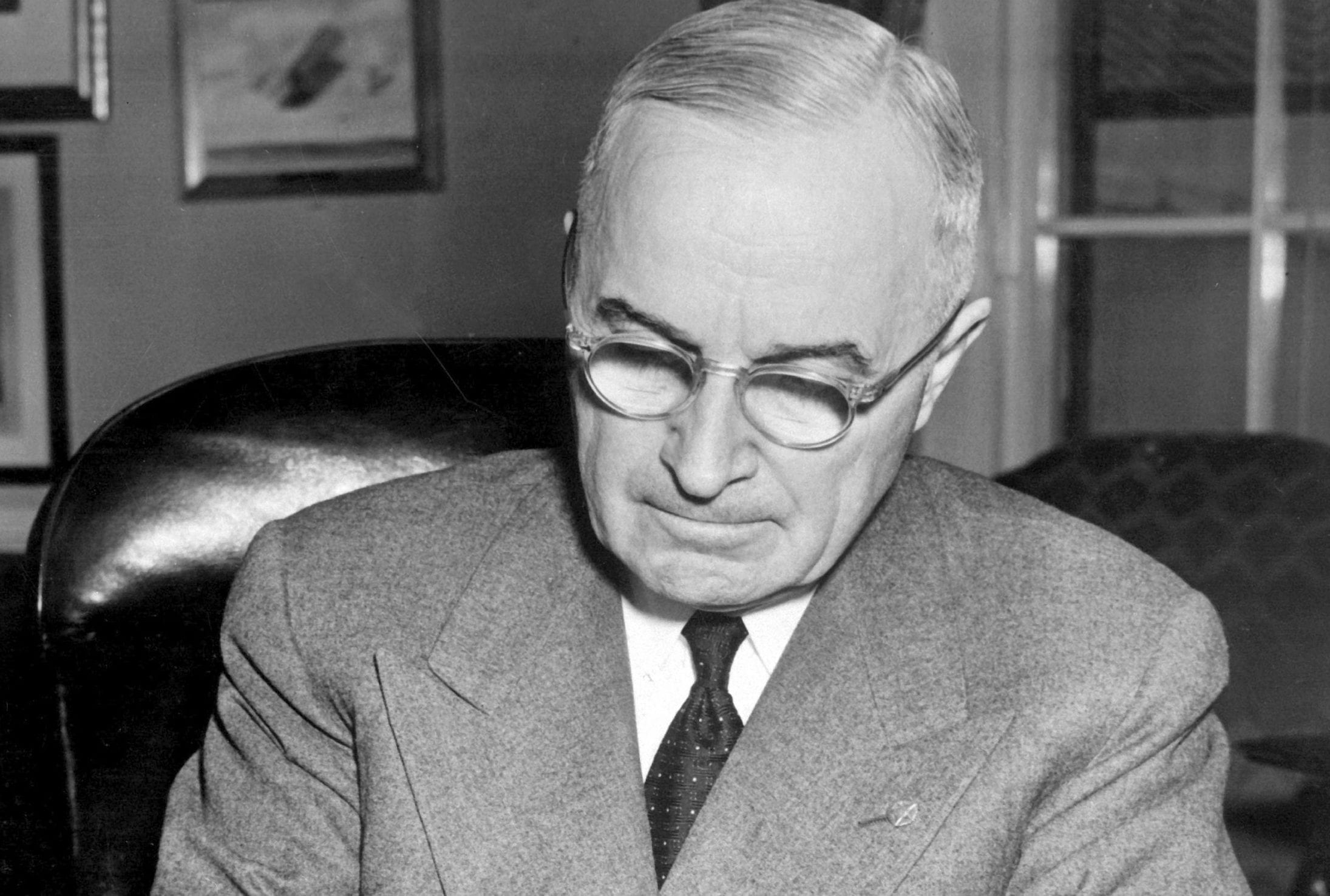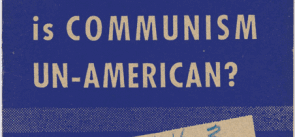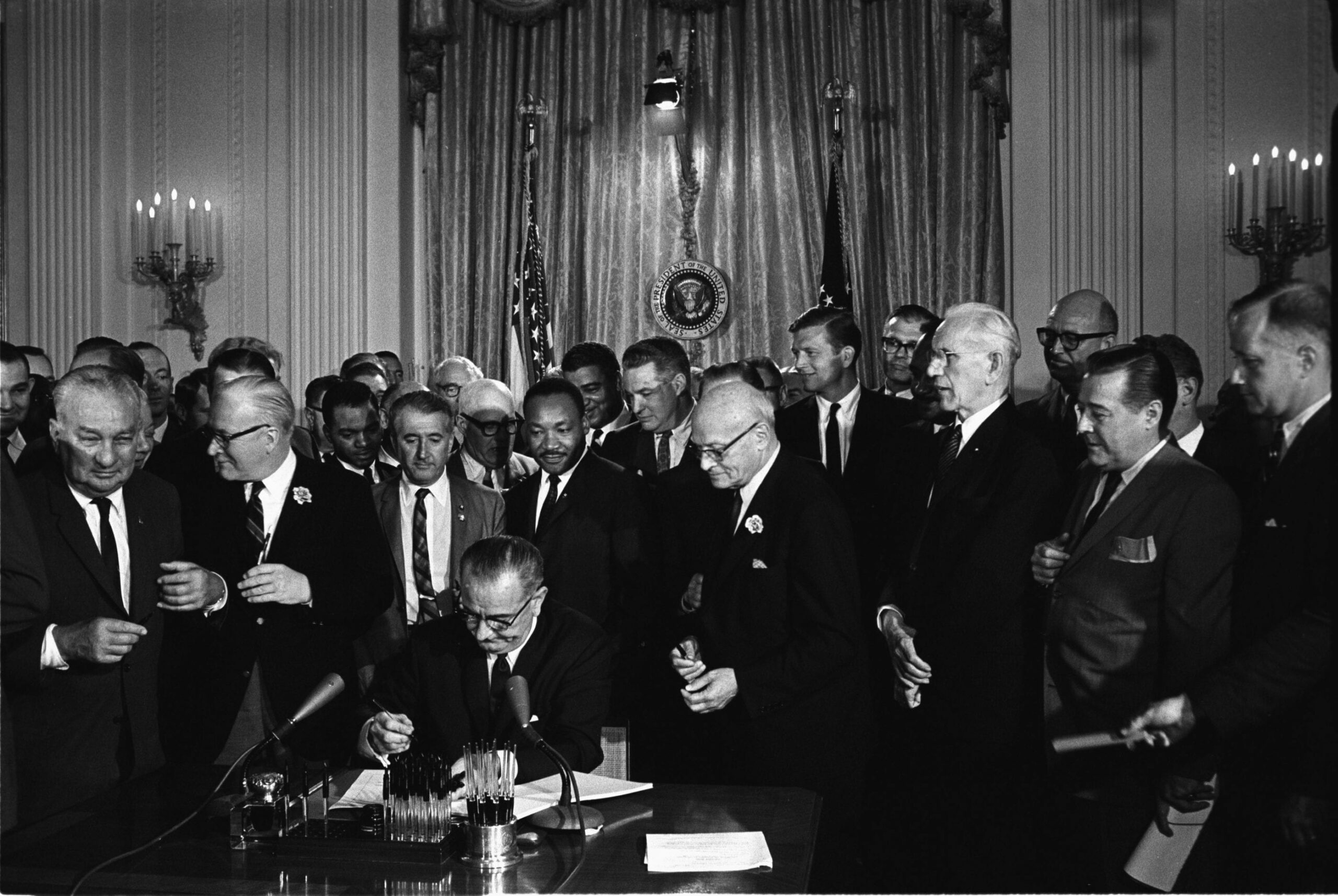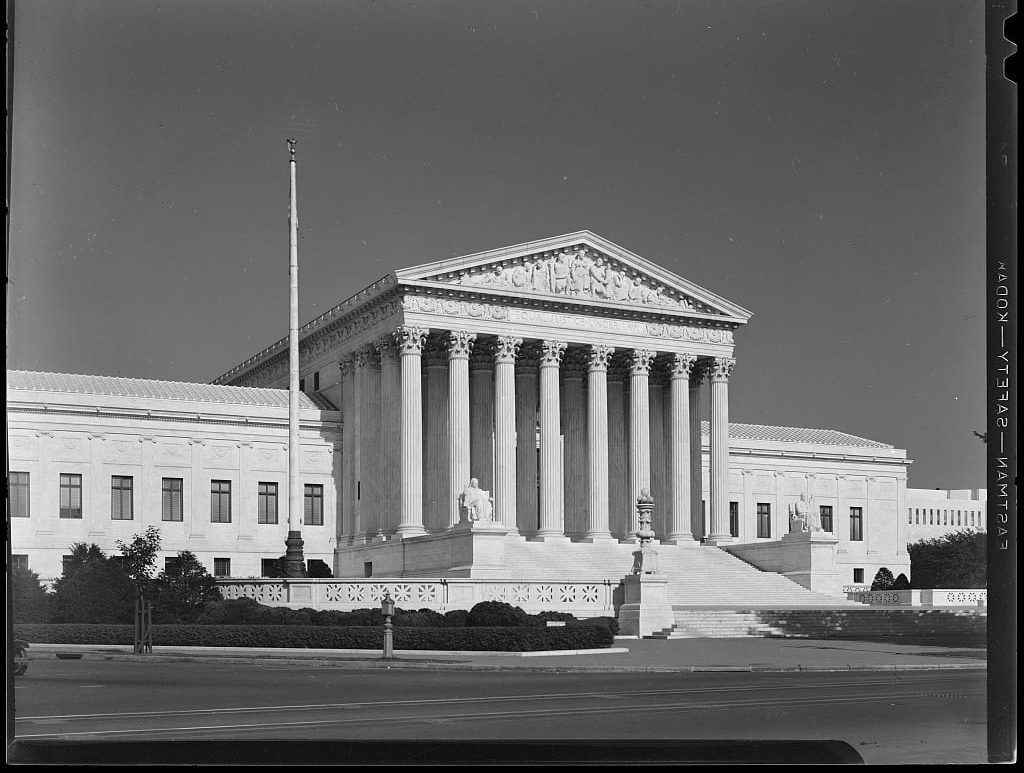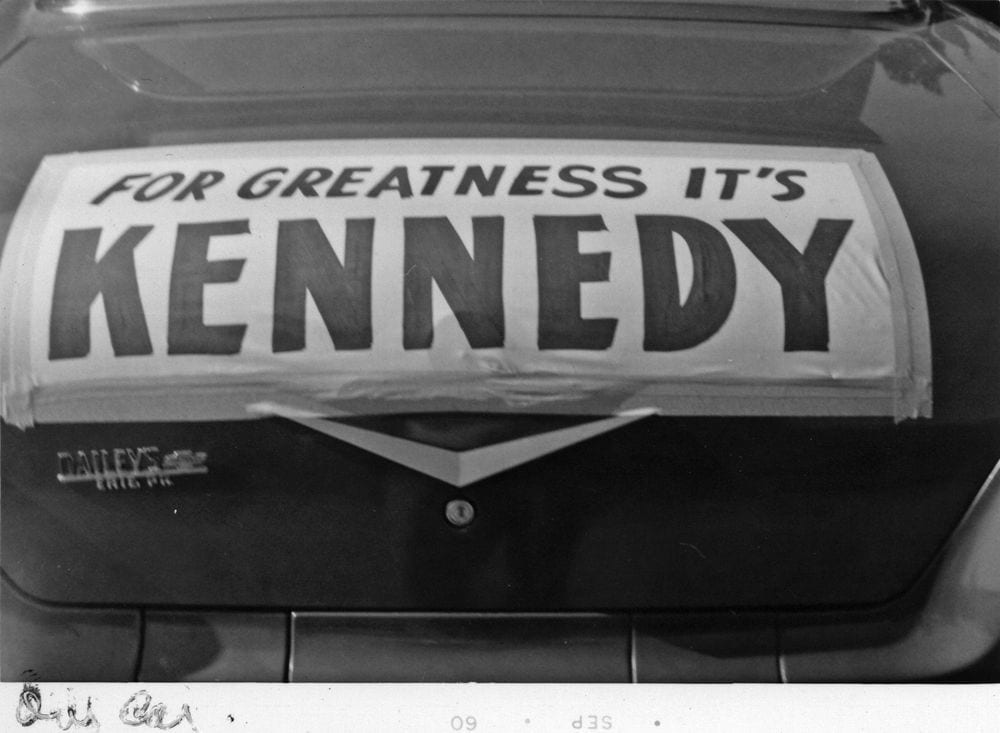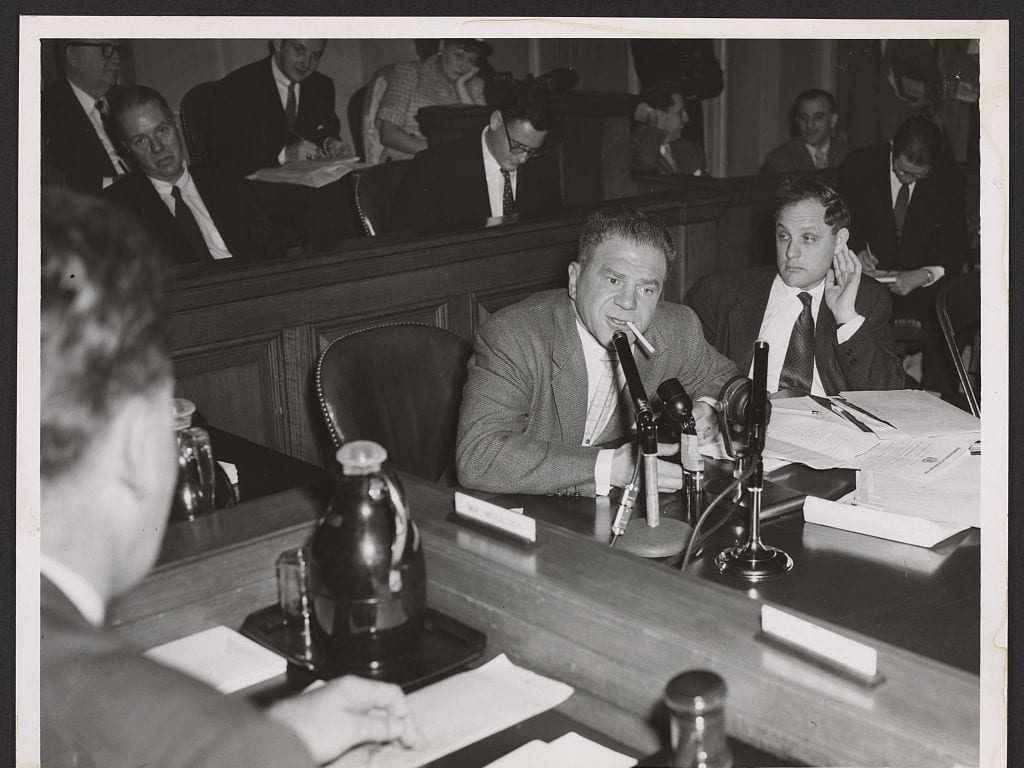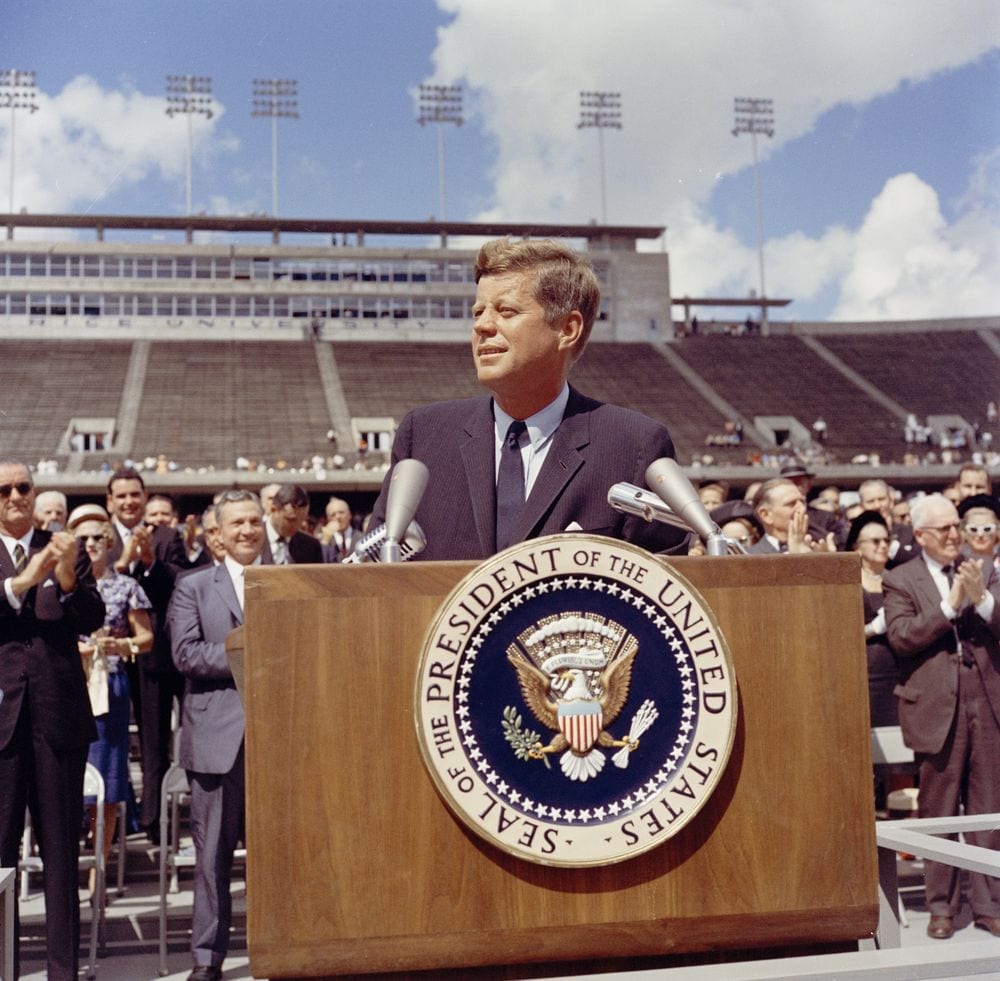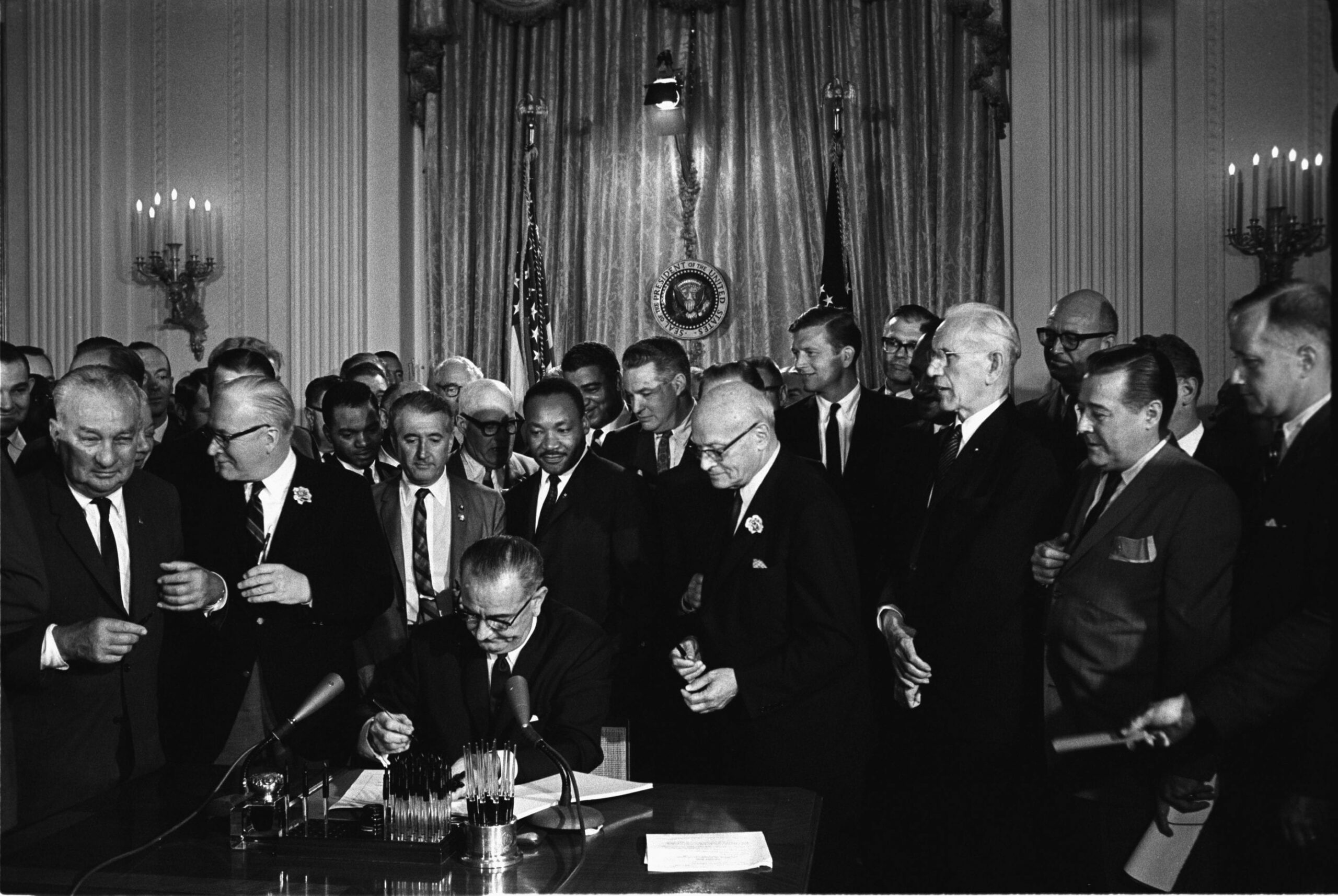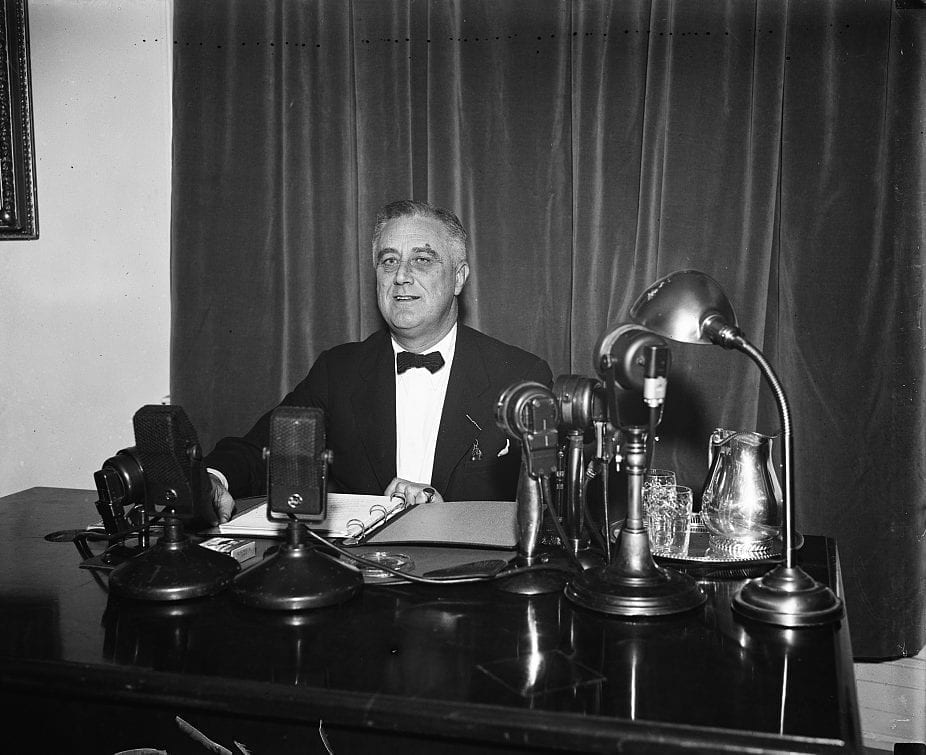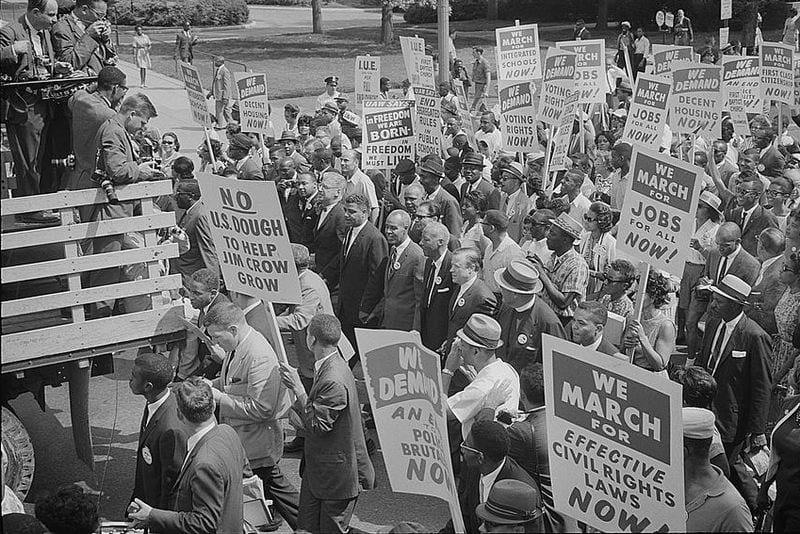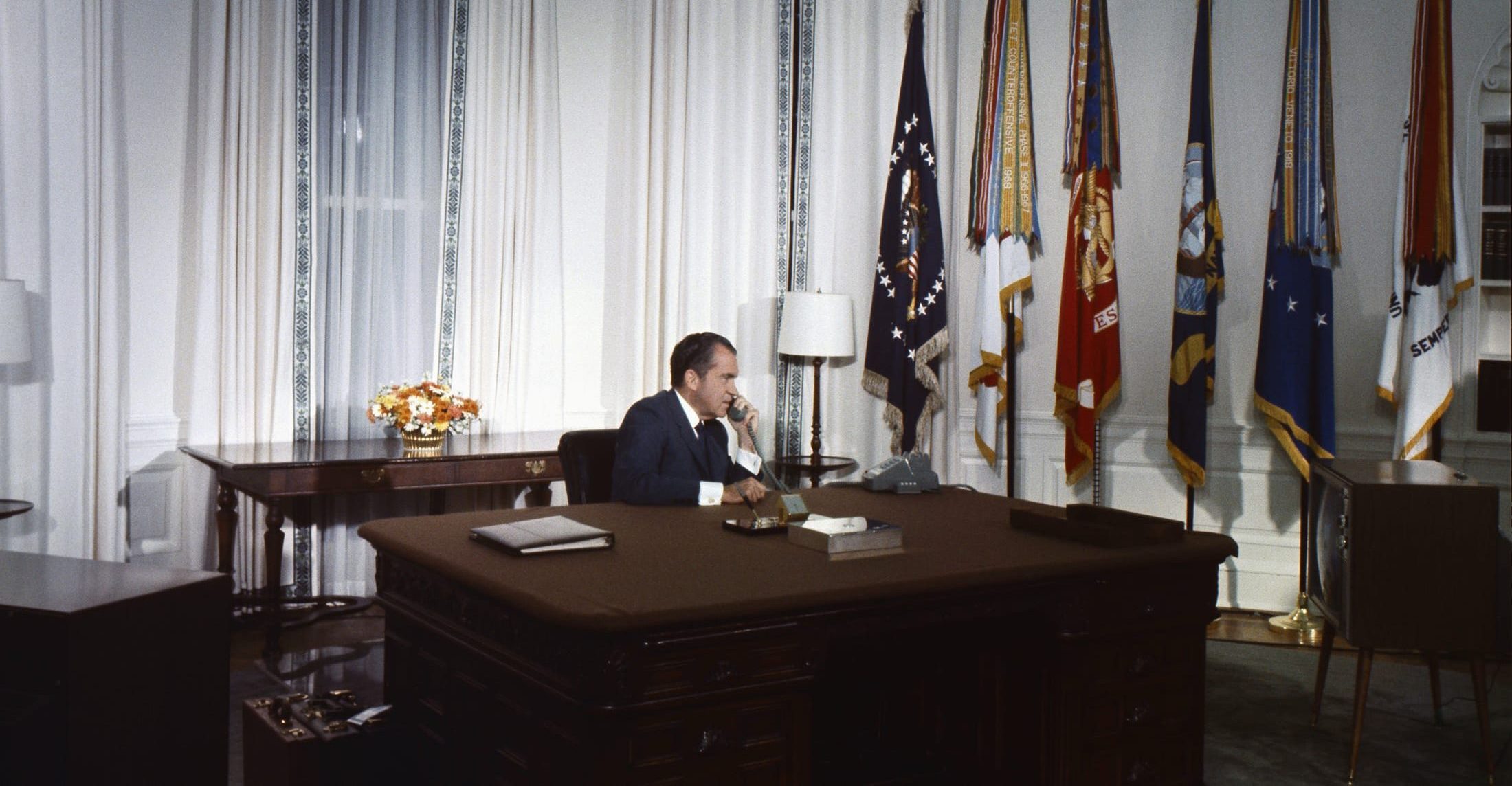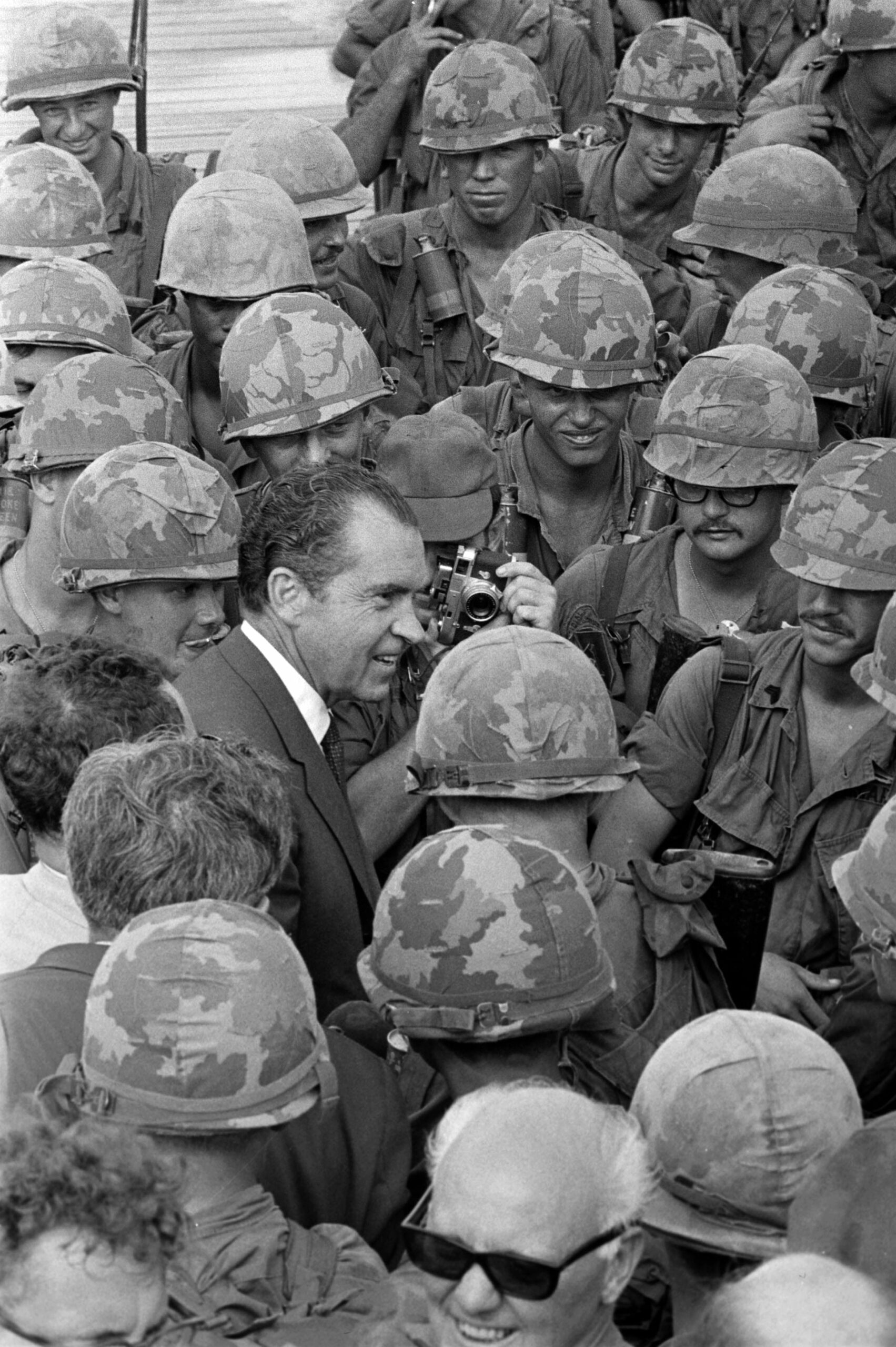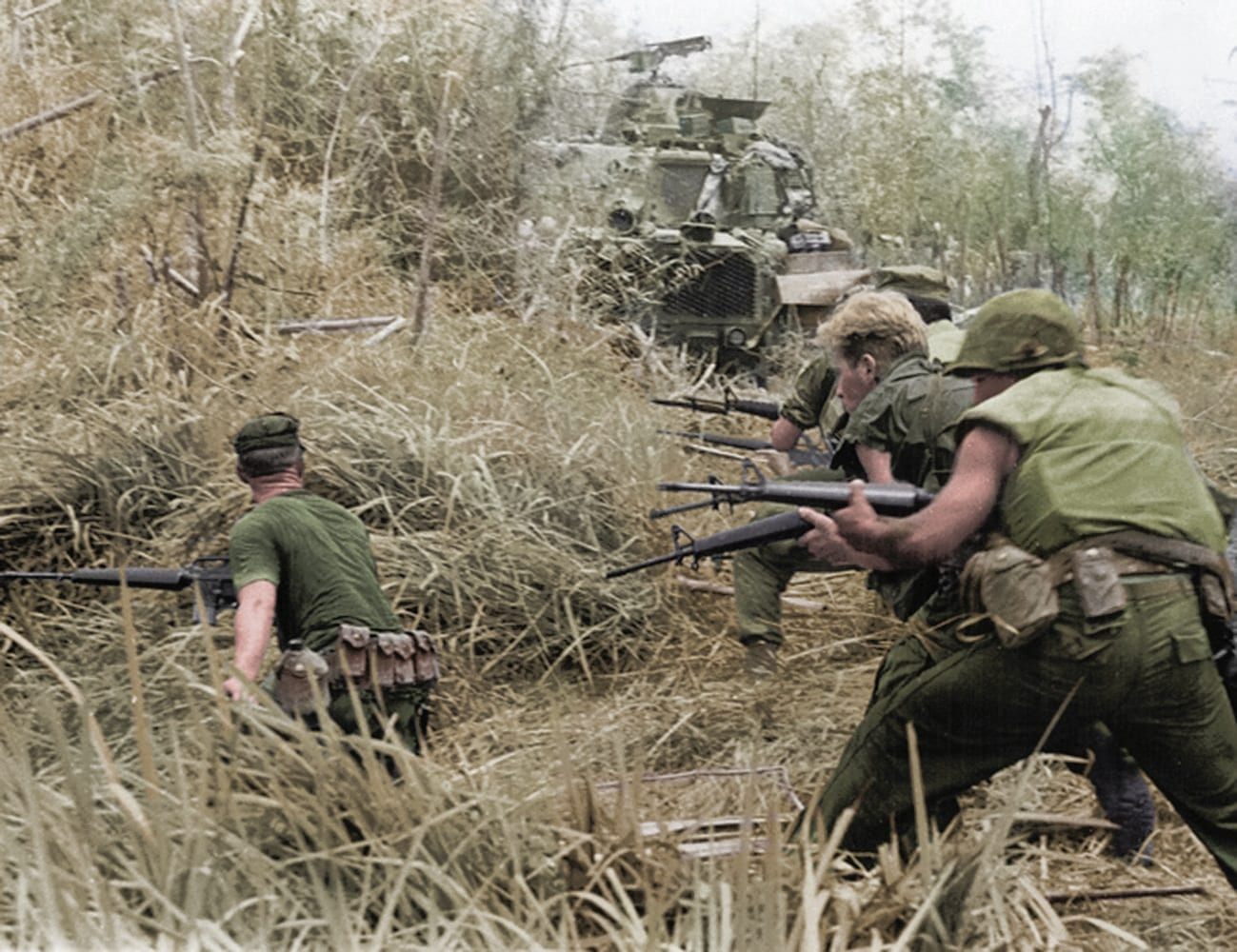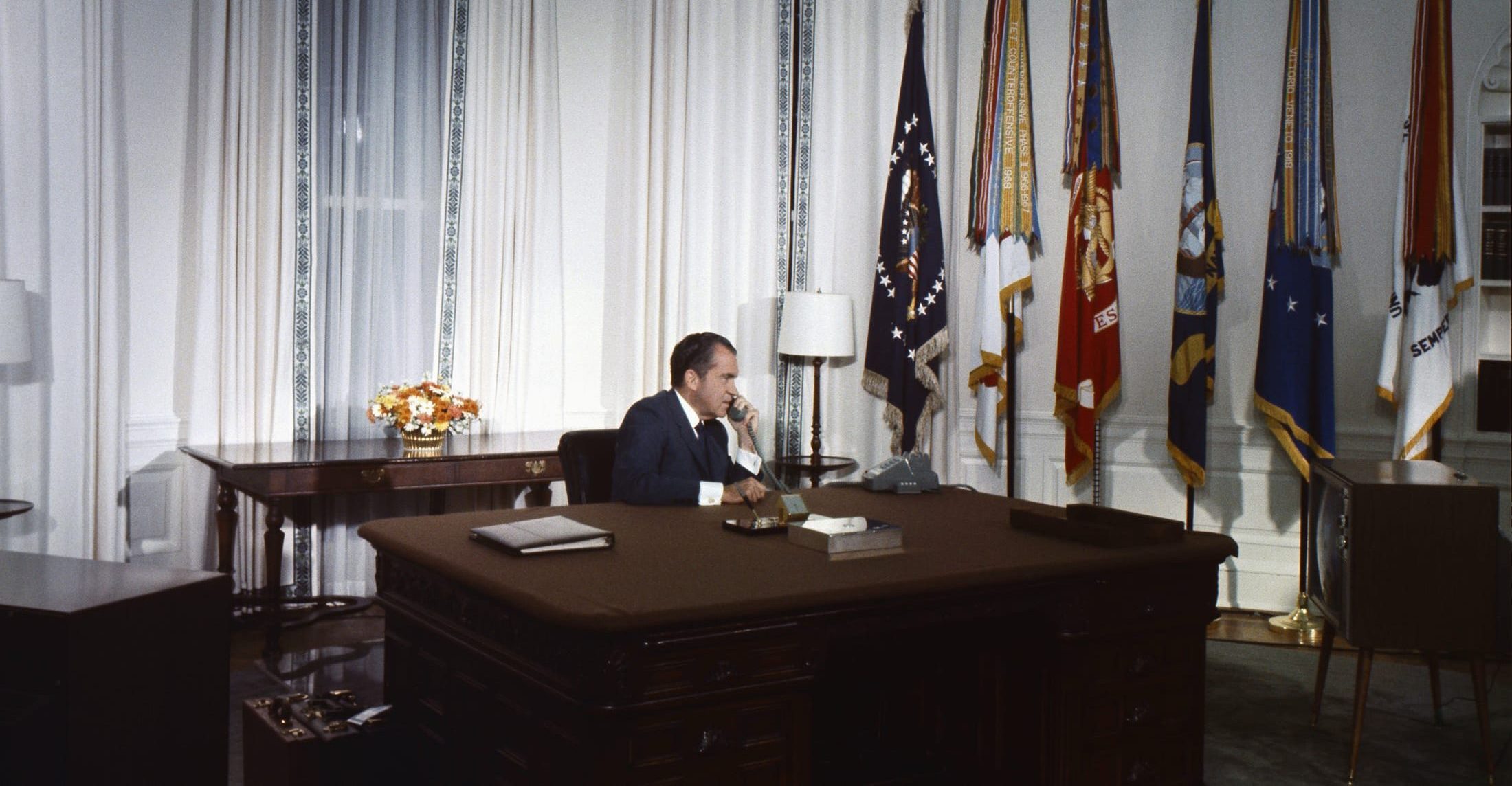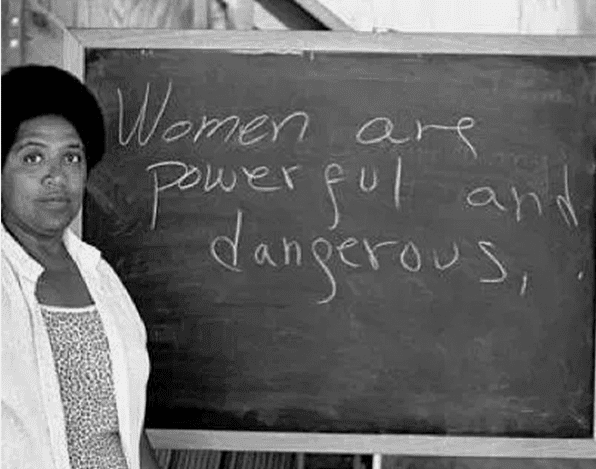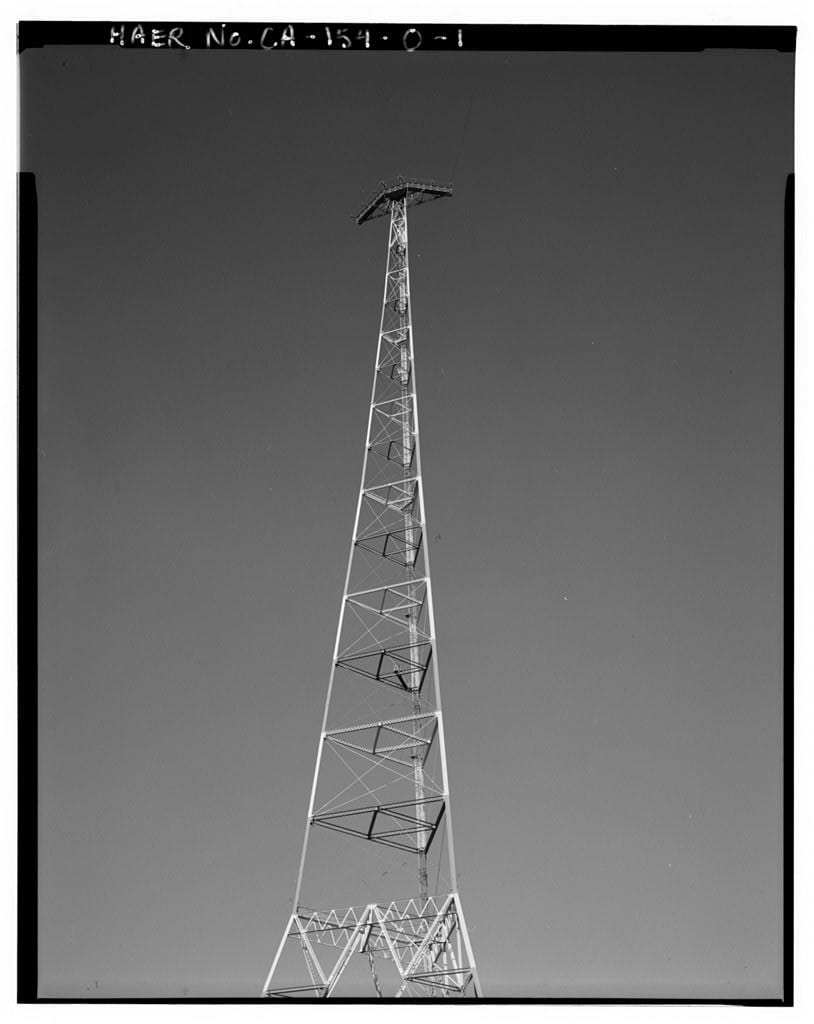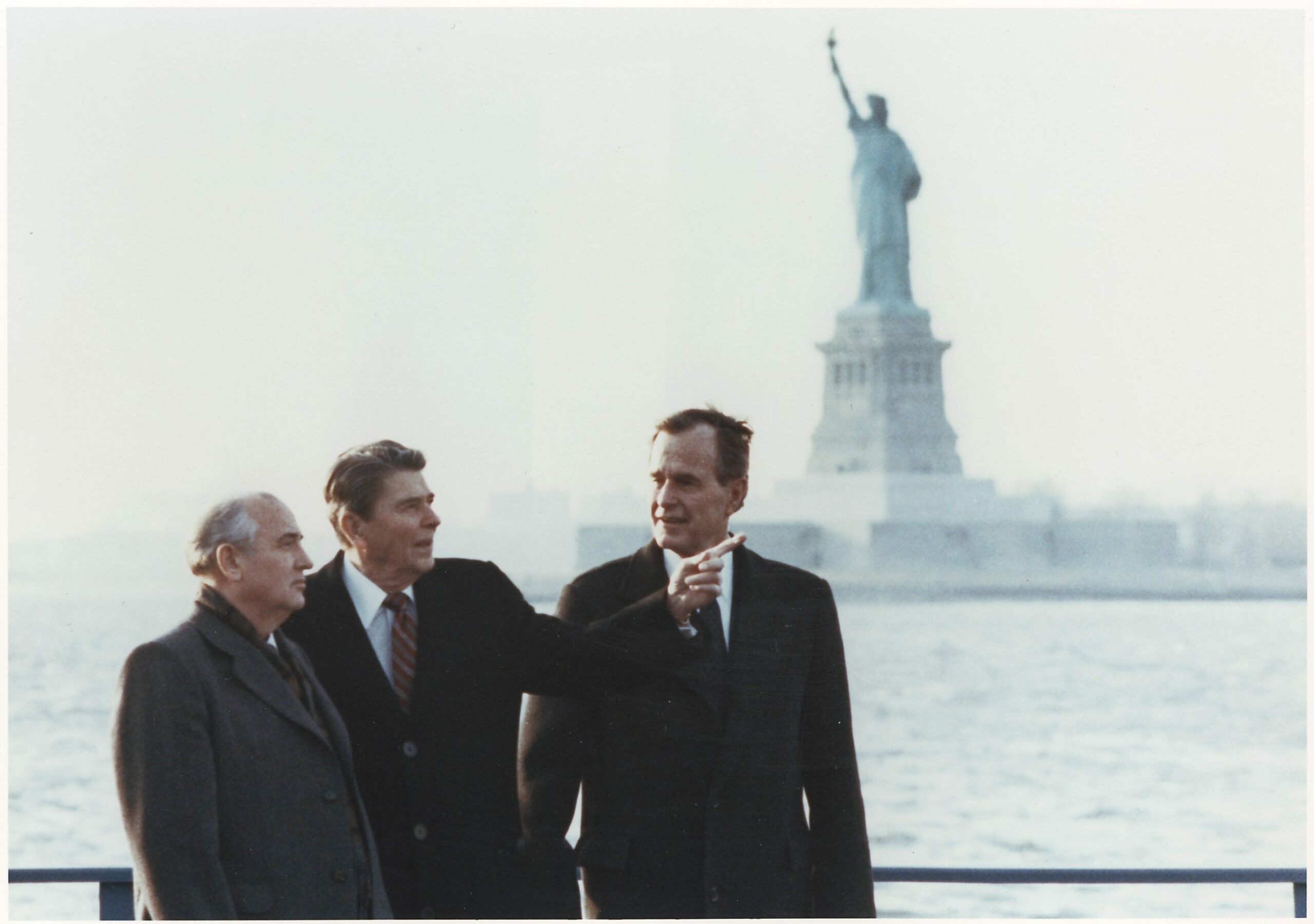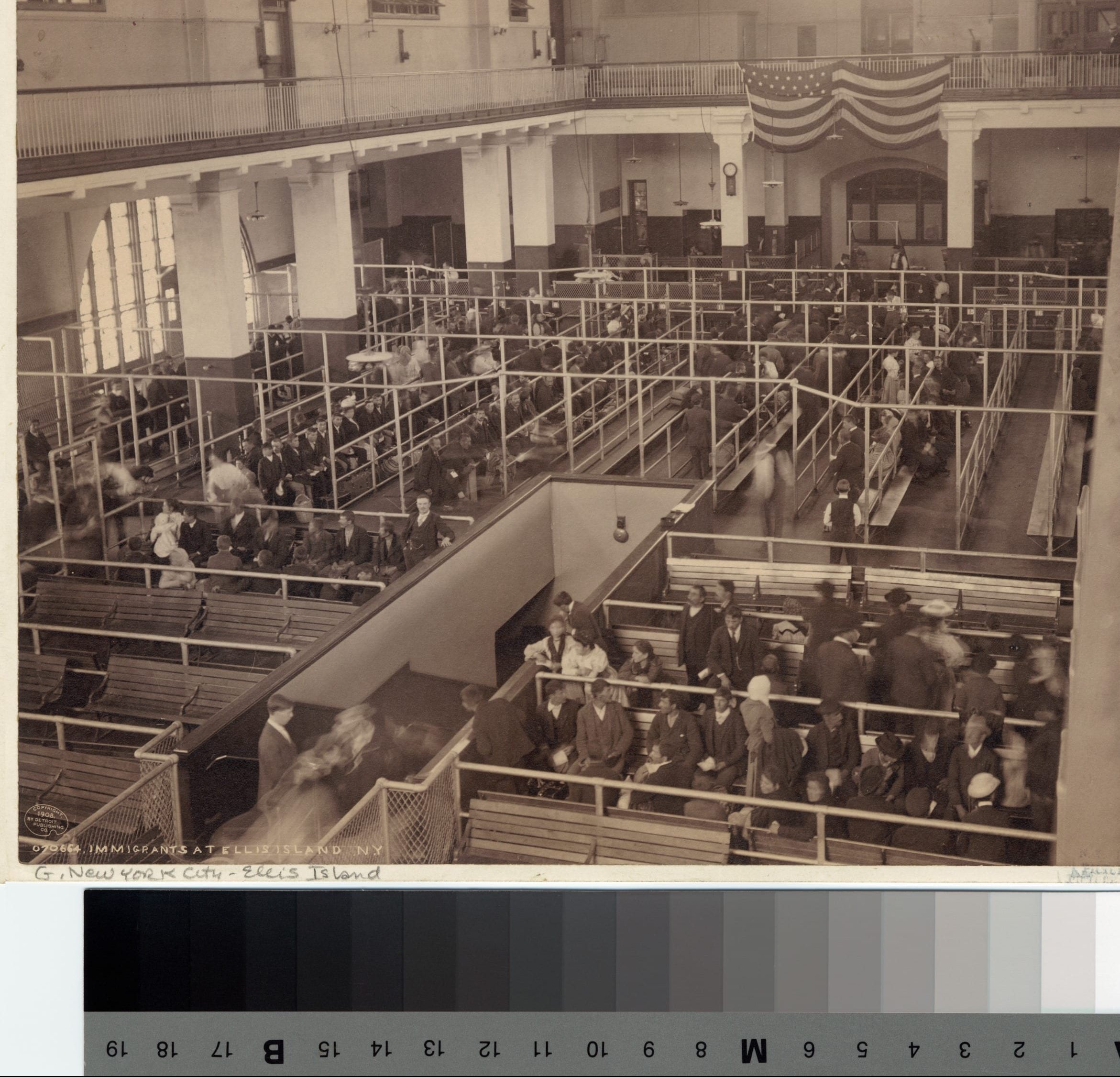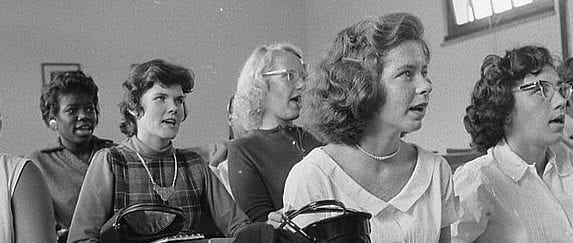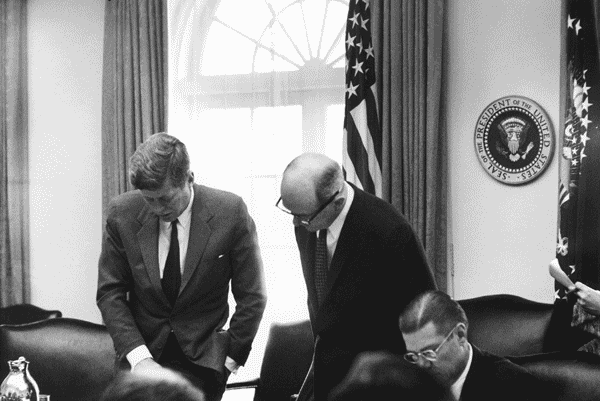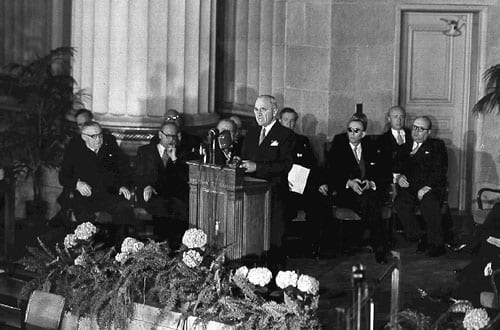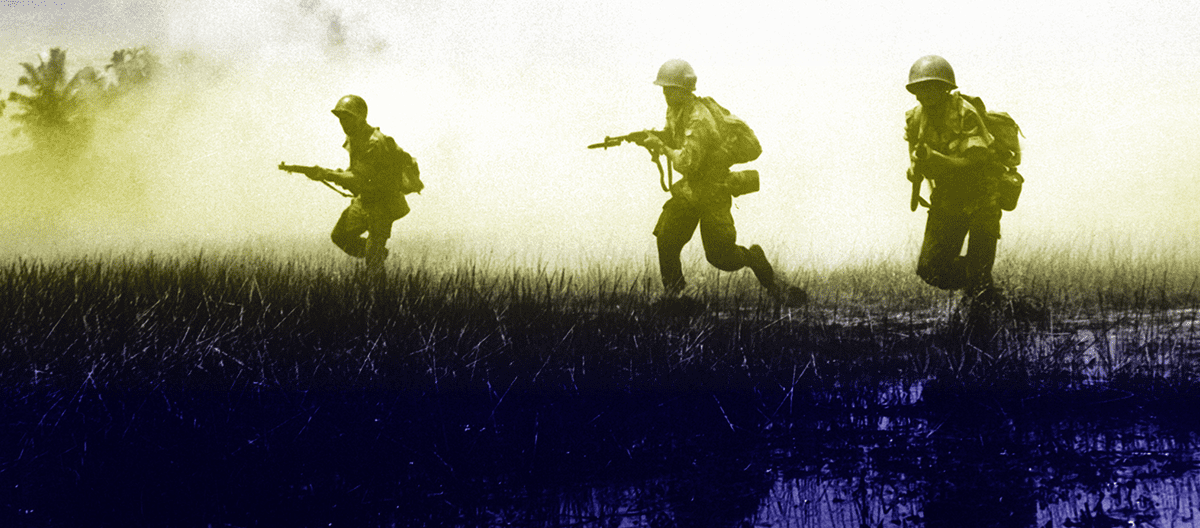Introduction
The 1962 Cuban Missile Crisis (See Kennedy, Operation MONGOOSE, the Central Intelligence Agency, and Kennedy) vividly exposed the hazards of nuclear weapons. Although neither the United States nor the Soviet Union tried to negotiate a disarmament treaty after the crisis, the two powers, along with Great Britain, did draft and sign an agreement to limit the testing of new nuclear weapons. The treaty allowed tests but prohibited a signatory from carrying out nuclear explosions that would send fallout beyond its borders or territory. It also banned underwater, atmospheric, and space detonations. The treaty had no expiration and it was open to other nations. By the end of 1963, more than 120 other nations had signed the treaty.
—David Krugler
Source: United States Treaties and Other International Agreements, Vol. 14, part 2 (Washington, D.C.: U.S. Government Printing Office, 1964), 1313–19.
Treaty Banning Nuclear Weapon Tests in the Atmosphere, in Outer Space and Under Water
The Governments of the United States of America, the United Kingdom of Great Britain and Northern Ireland, and the Union of Soviet Socialist Republics, hereinafter referred to as the “Original Parties,”
Proclaiming as their principal aim the speediest possible achievement of an agreement on general and complete disarmament under strict international control in accordance with the objectives of the United Nations which would put an end to the armaments race and eliminate the incentive to the production and testing of all kinds of weapons, including nuclear weapons,
Seeking to achieve the discontinuance of all test explosions of nuclear weapons for all time, determined to continue negotiations to this end, and desiring to put an end to the contamination of man’s environment by radioactive substances,
Have agreed as follows:
Article I
- Each of the Parties to this Treaty undertakes to prohibit, to prevent, and not to carry out any nuclear weapon test explosion, or any other nuclear explosion, at any place under its jurisdiction or control:
(a) in the atmosphere; beyond its limits, including outer space; or underwater, including territorial waters or high seas; or
(b) in any other environment if such explosion causes radioactive debris to be present outside the territorial limits of the State under whose jurisdiction or control such explosion is conducted. . . .
- Each of the Parties to this Treaty undertakes furthermore to refrain from causing, encouraging, or in any way participating in, the carrying out of any nuclear weapon test explosion, or any other nuclear explosion, anywhere which would take place in any of the environments described, or have the effect referred to, in paragraph 1 of this Article.
Article II
- Any Party may propose amendments to this Treaty. . . .
- Any amendment to this Treaty must be approved by a majority of the votes of all the Parties to this Treaty, including the votes of all of the Original Parties. . . .
Article III
- This Treaty shall be open to all States for signature. Any State which does not sign this Treaty before its entry into force in accordance with paragraph 3 of this Article may accede to it at any time.
- This Treaty shall be subject to ratification by signatory States. . . .
Article IV
This Treaty shall be of unlimited duration.
Each Party shall in exercising its national sovereignty have the right to withdraw from the Treaty if it decides that extraordinary events, related to the subject matter of this Treaty, have jeopardized the supreme interests of its country. It shall give notice of such withdrawal to all other Parties to the Treaty three months in advance. . . .





